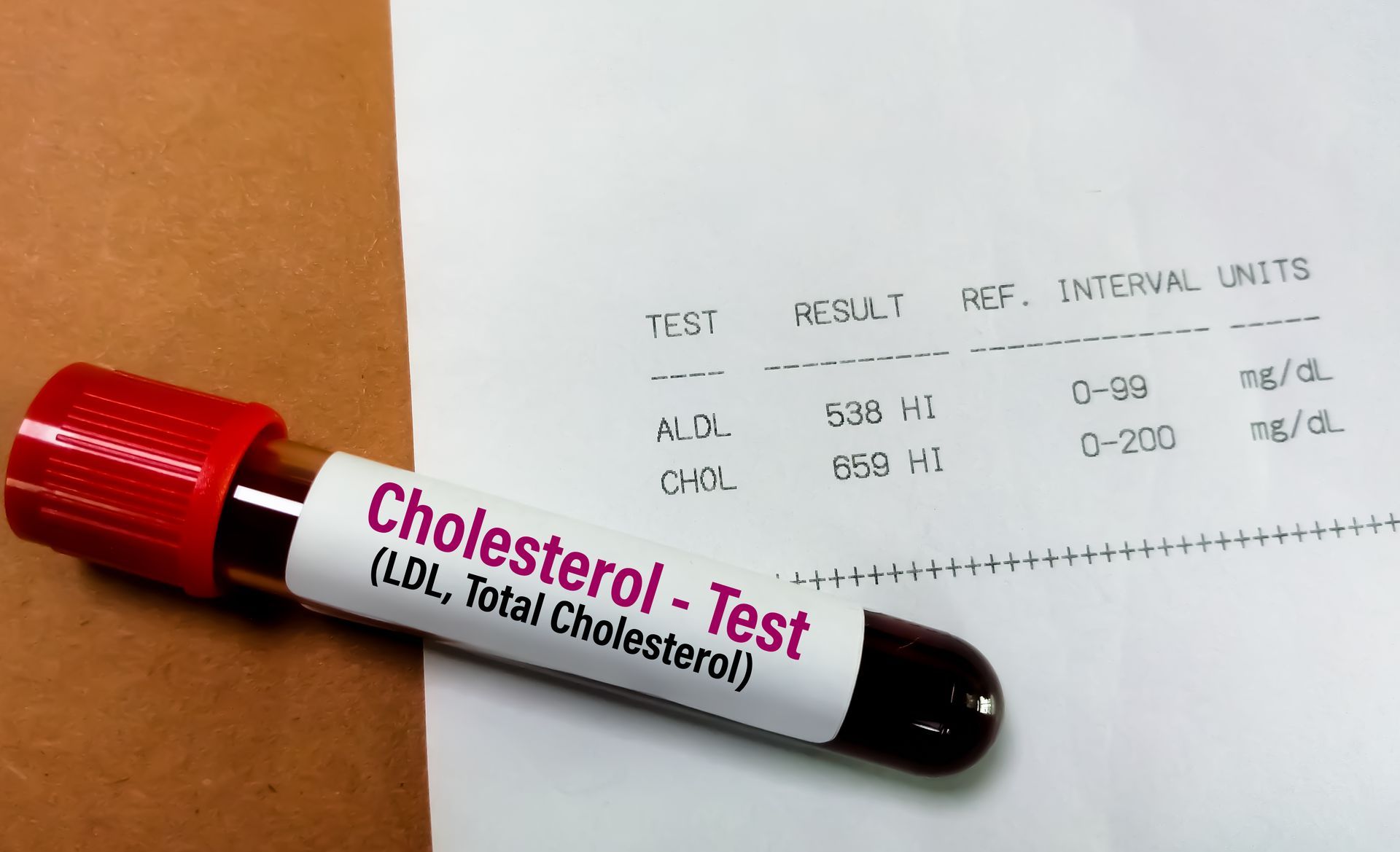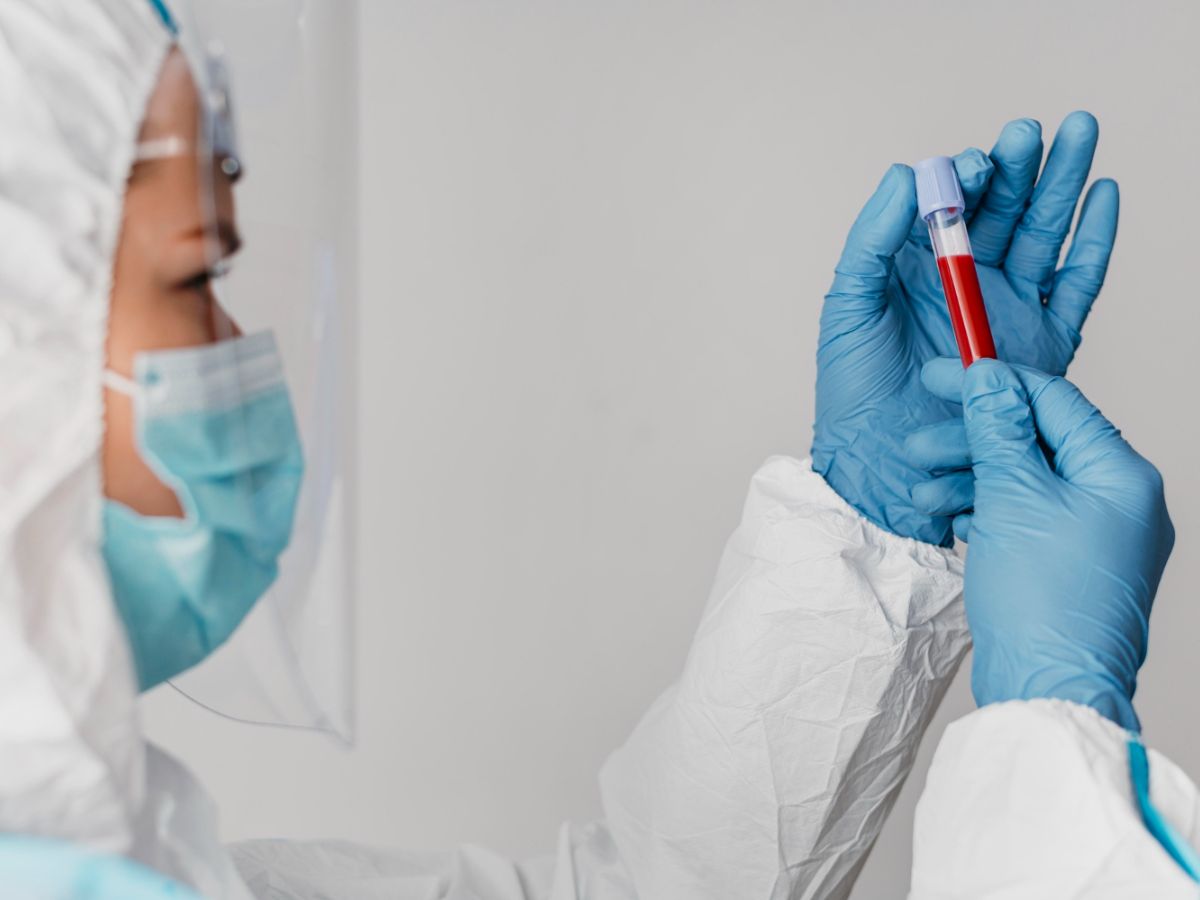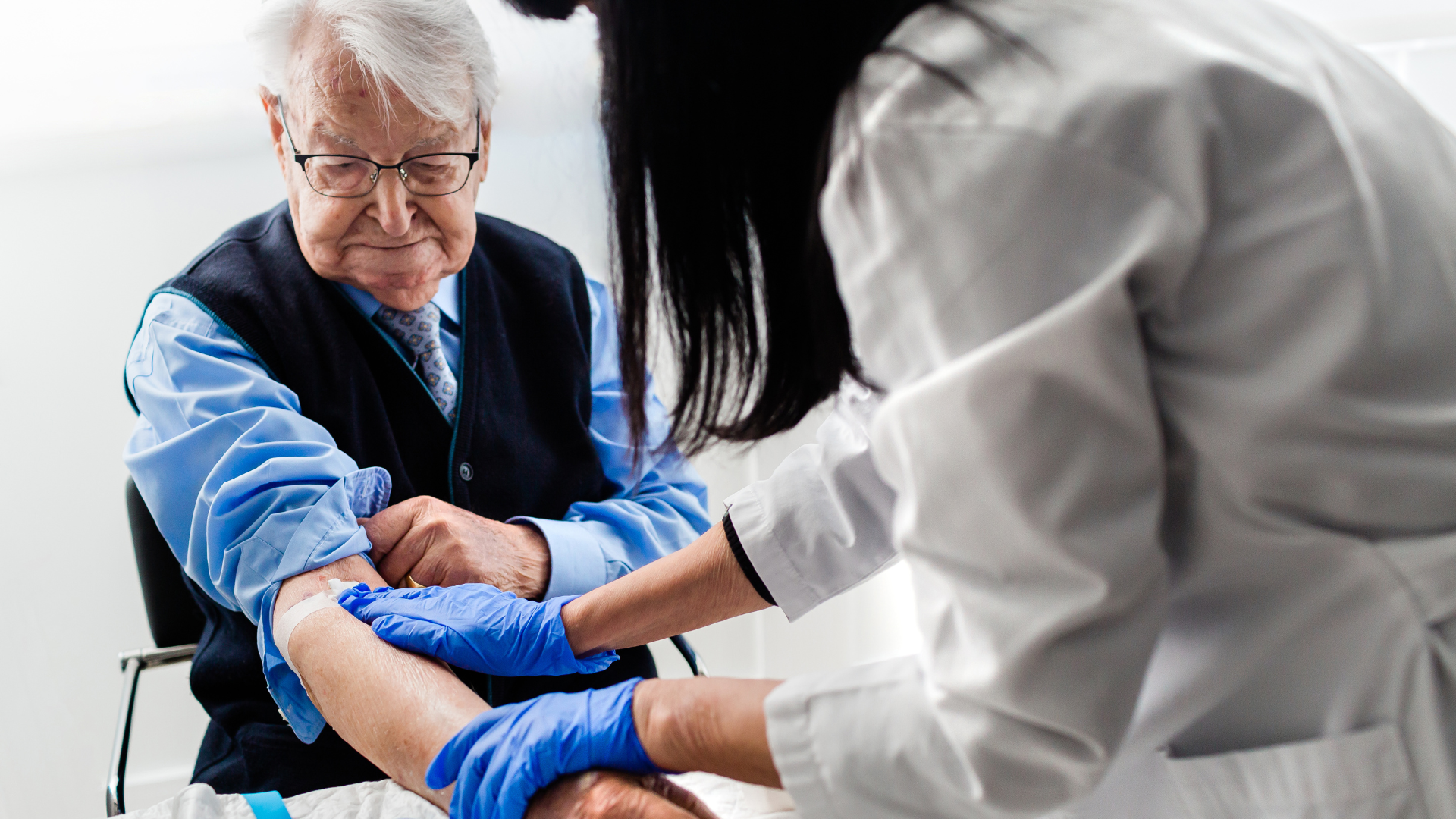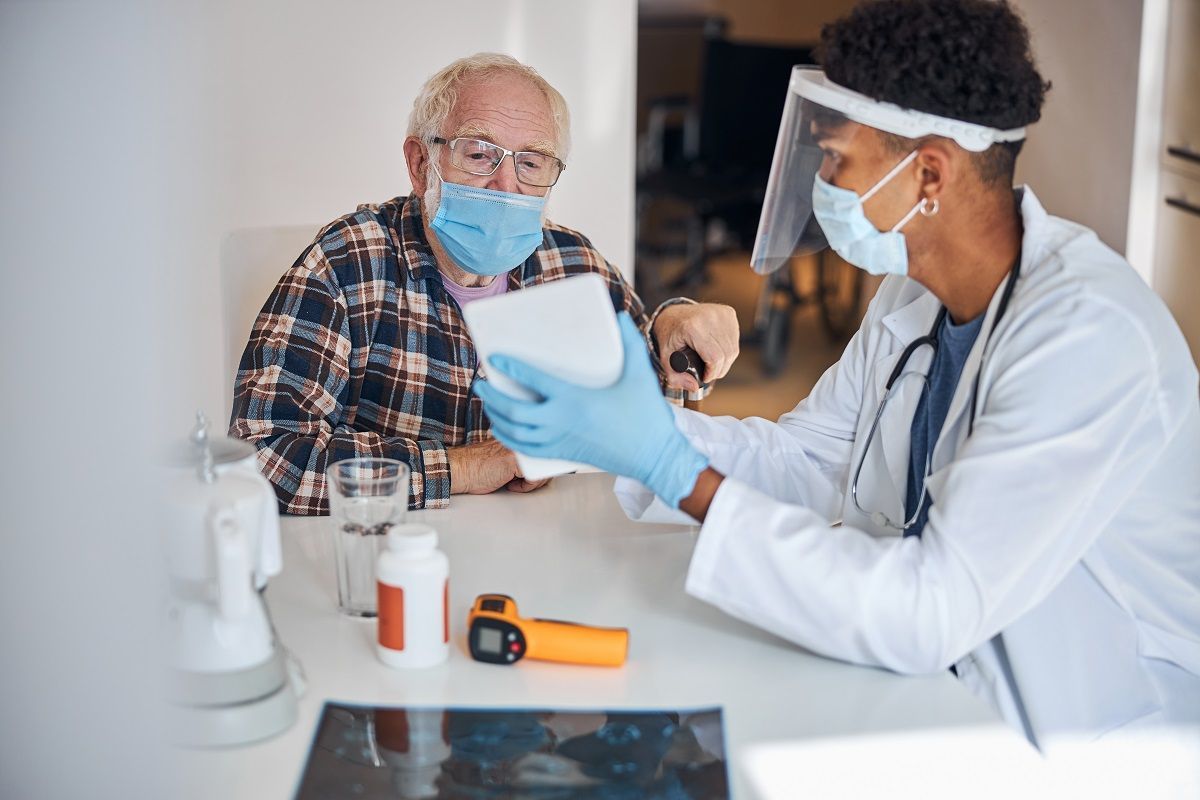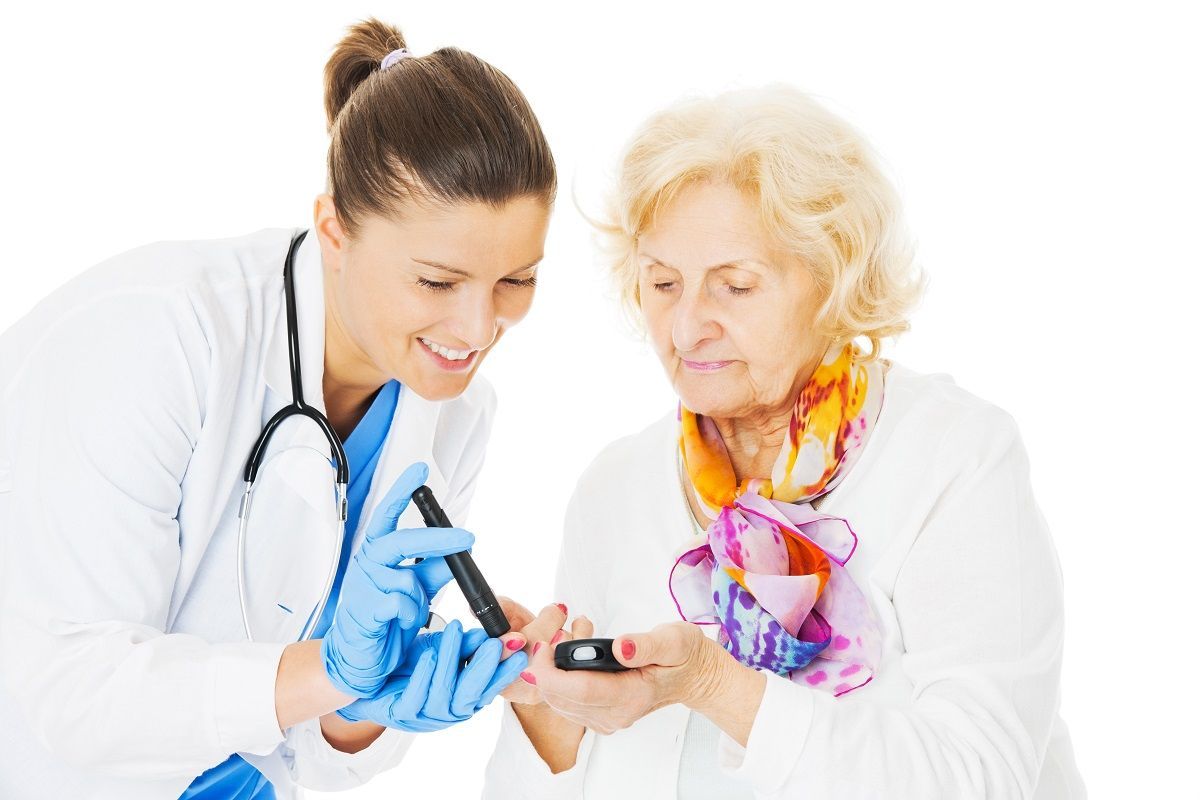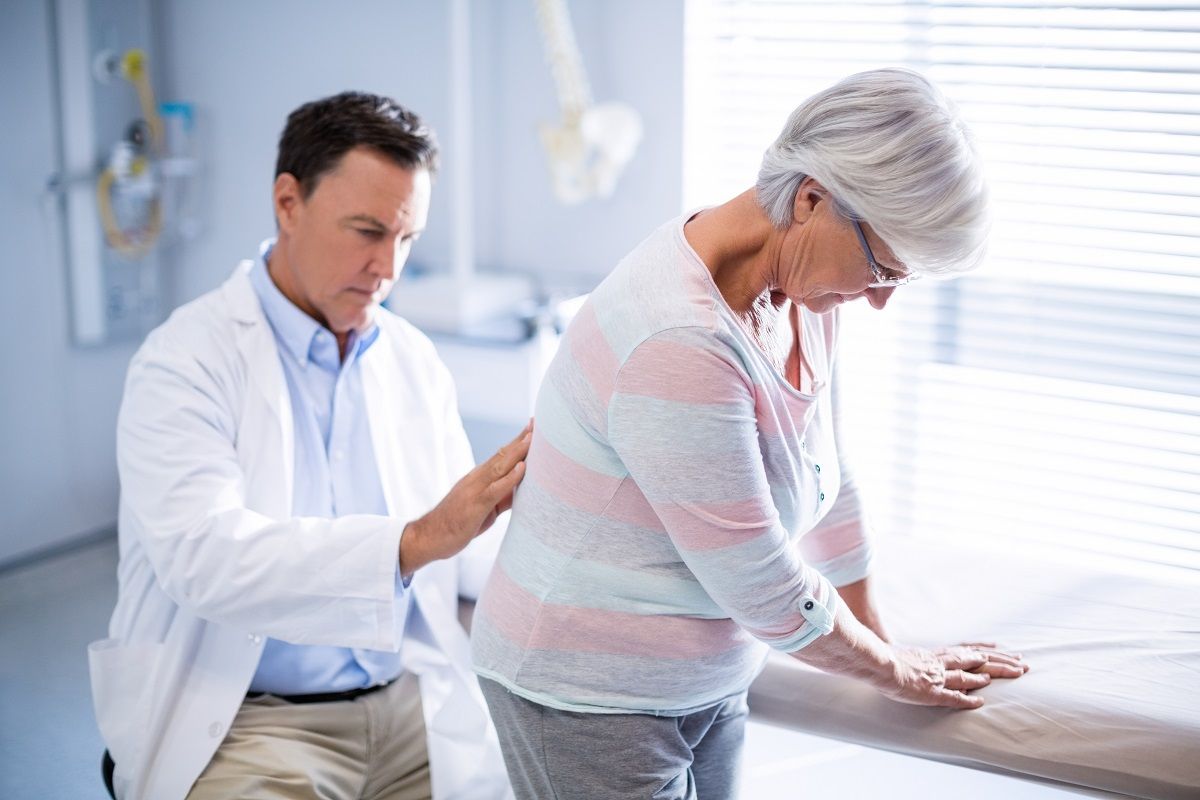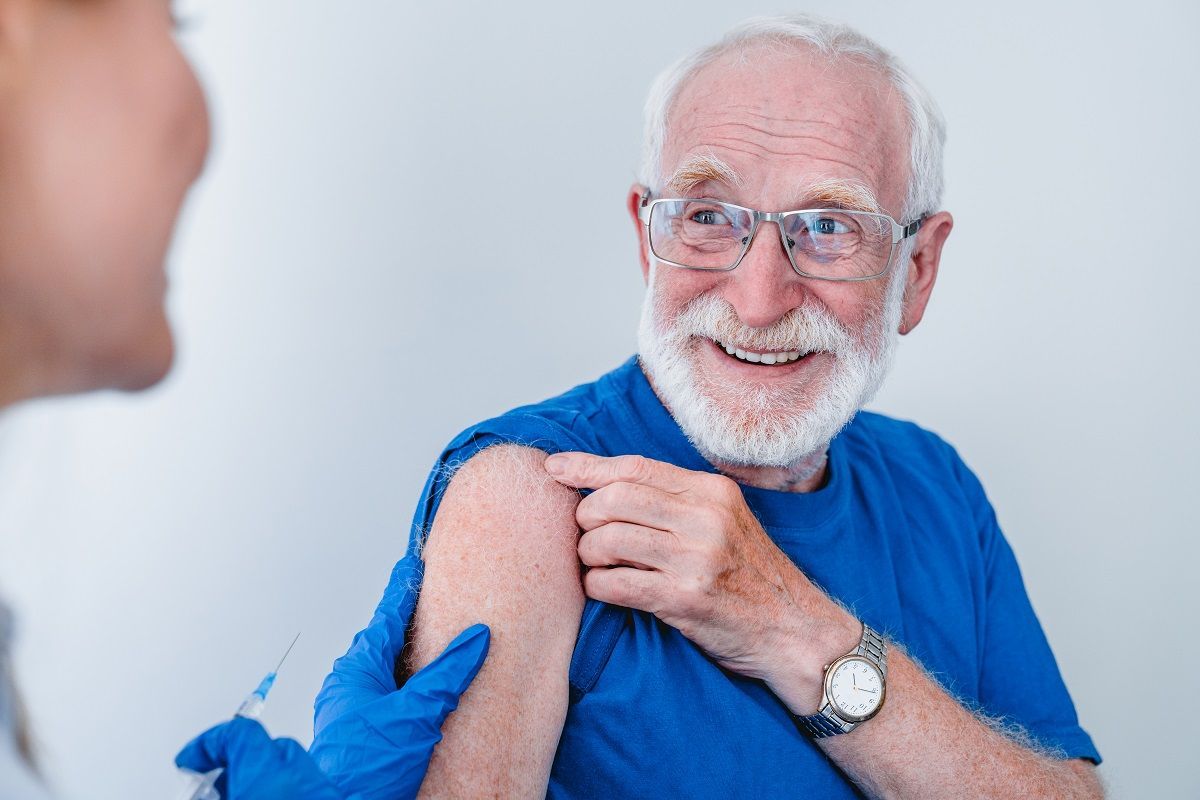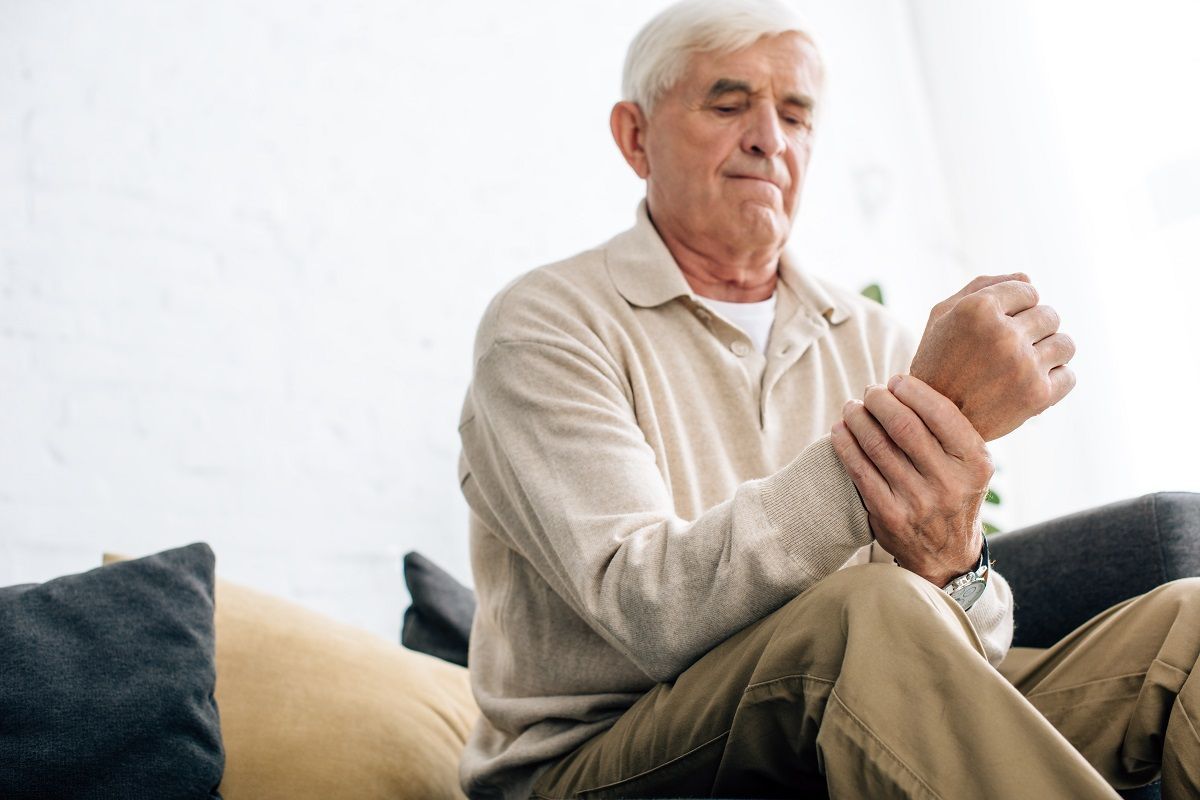Our Location
Elige tu idioma:
Stay Standing: Tips For Fall Prevention in Older Adults
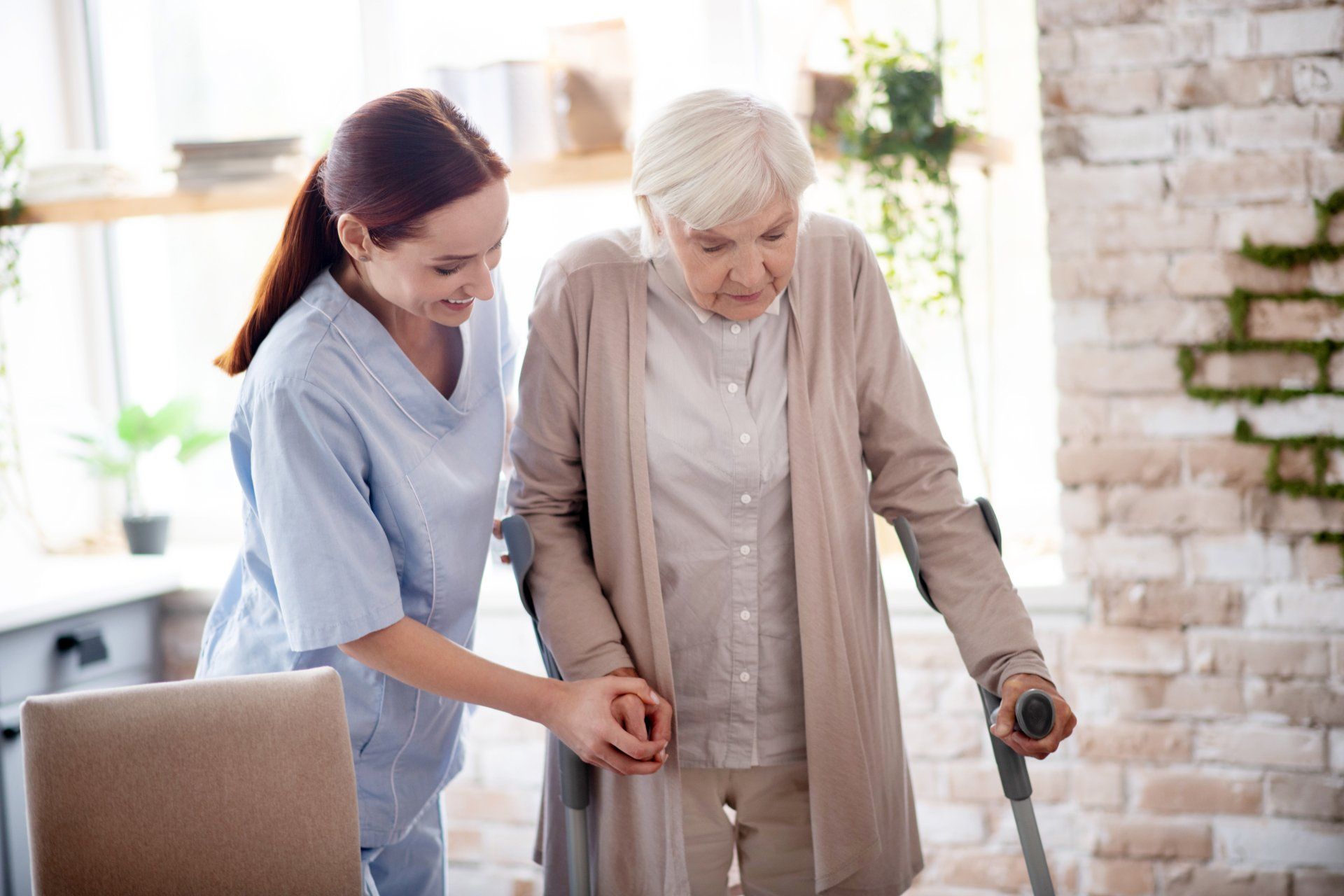
Falling at any age may cause serious injuries, but for older adults, these injuries can seriously derail their life.
It can happen in an instant. And we almost never see it coming. We can’t predict the slippery floor we’ll encounter that day… or the loose gravel under our favorite pair of shoes… or the curb that seemingly pops up out of nowhere causing us to lose our balance and fall.
Falling may cause serious injuries, especially for those who have a few more years under their belt. As we age, not only does our risk for falls increase, the injuries incurred are much worse. Broken bones, hospital trips, and even disabilities are at the forefront of many elderly persons’ minds.
And as much as we want to blame the curb, the shoes, the slippery rug or tile, many times these falls are attributed to poor balance.
How’s YOUR Balance?
Balance, or our body's capacity to maintain equilibrium while doing regular activities, begins to deteriorate as we get older. So, how are you doing? Count to 30 while standing with your arms at your sides and lifting one foot up about 6 inches.
Did you begin to sway? Did you notice one side was more sturdy than the other? Make a note of how long you were able to hold each leg up.
When it comes to our balance, eyesight, hearing, and reflexes all play a role. Vision gives you a feeling of where you are in relation to your surroundings and provides you with clues to avoid stumbling over obstacles. When your head swings side to side or up and down, nerve receptors in the fluid-filled semicircular canals of the inner ear convey balancing signals to the brain. Proprioceptors, which are nerves buried in muscles and tendons that alert the brain when a movement happens so the body may change to keep its balance, are the third contributors to good balance.
However, when one or more of these systems malfunctions, balance is affected. This could be a result of motion sickness, vertigo, nerve damage, postural hypotension, and more.
Risk Factors to Falling
Muscle weakness, balance or gait issues, dramatic drops in blood pressure, improper footwear, and even specific health conditions all contribute to falls among adults. These specific health conditions include diabetes, heart disease, or problems with your thyroid, and neuropathy. Some medicines for certain health conditions may even cause feelings of dizziness or sleepiness, making you more likely to fall.
Other causes include safety hazards in the home or community environment. As well, calcium and vitamin D deficiencies, common in older adults, become risk factors for serious injuries during a fall.
How to Lessen Your Fall Risk
Decreasing those risk factors, along with incorporating other healthy habits into our lives, may help lower the chances of falling. Here are a few tips to help avoid falls and broken bones:
Stay Physically Active: Regular exercise improves muscle strength while keeping your joints, tendons, and ligaments flexible. Try these exercises:
One Leg Stands - Keep your back straight. Raise one leg with a 45-degree bend in the knee. Hold the position for 5 to 10 seconds. Rep 10 times on each leg, then switch legs.
Heel-to-Toe Walking - Take 10 steps forward with the heel of your front foot touching the toe of your rear foot.
Side Steps - Step to the right, then bring your left foot to meet your right foot. When this becomes easy, advance to cross-steps: cross your left leg behind, then side-step to the right again and cross your left leg in front.
Unassisted Stands - Sit in a firm chair and stand without using your arms for balance. When this becomes easy, perform the same exercise one leg at a time.
Tai Chi - This gentle exercise program involves slow and graceful dance-like movements and can be taught through various Youtube channels.
Calf Raises - Start seated on the edge of the bed or chair. Pump your ankles, shifting weight into your toes and raising the heel. If this becomes easy, progress to standing calf raises and then single-leg calf raises.
Exercises that keep your hips, knees, and ankles strong will help you maintain and even enhance your balance. When you've gotten used to executing these exercises with your eyes open, attempt them with your eyes closed to help your vestibular system. Always keep a stable object nearby, such as a chair, in case you become unsteady.
On top of regular movement and balance training, consider making some lifestyle adjustments like the following:
Receive Regular Check-Ups
- While yearly physicals are important, regular testing of your eyes and hearing may be beneficial in fall prevention. Even small changes in sight and hearing may cause you to fall, so schedule those check-ups and utilize any prescription glasses or hearing devices provided.
Read the Side Effects - Read medication bottles carefully, and if a drug makes you sleepy or dizzy, tell your doctor or pharmacist. If not taking medication, make sure to get enough sleep to avoid a natural sleepy or dizzy spell.
Limit Alcohol - Even a small amount of alcohol can affect your balance and reflexes. As well, studies show that the rate of hip fractures in older adults increases with alcohol use.
Use Assistive Devices
- Appropriate use of canes and walkers can prevent falls. Other assistive devices include handrails for stairways, a raised toilet seat or one with armrests, grab bars for the shower or tub, a sturdy plastic seat for the shower, or a hand-held shower nozzle for bathing while sitting down.
Remove Home Hazards - Examine your surroundings. There could be dangers in your living room, kitchen, bedroom, bathroom, hallways, and stairwells. To make your home more secure:
Boxes, newspapers, electrical cords, and phone cords should all be removed from walkways.
Coffee tables, magazine racks, and plant stands should all be moved out of high-traffic areas.
Remove loose rugs from your home or secure them using double-faced tape, tacks, or slip-resistant backing.
Repair any loose hardwood floorboards or carpeting as soon as possible.
Clothing, dishes, food, and other basics should all be kept within easy reach.
Clean up any spilled liquids, grease, or food right away.
In the bathtub or shower, use nonslip mats. Use a bath seat to sit in while you're showering.
What If I Still Fall?
While these lifestyle changes lessen the risk, you may still experience a fall. Even if you aren't wounded when you fall, notify your doctor if you have fallen since your last exam. A fall might alert your doctor to a new medical concern, as well as medication or vision problems that can be addressed. Physical therapy, walking assistance, or other measures to help prevent future falls may be recommended by your doctor.
Ocana Medical Care, located in Tampa, FL, aims to bring you as much information as possible to keep you healthy. We’re in this together. #ocanacares
“Respect. Compassion. Quality. Integrity. These are the values on which Ocana Medical Center was built. Our aim isn’t just to treat you today. We hope to earn your trust and be your healthcare provider for life.”
©2023 Ocana Medical Group, Inc.
USEFUL LINKS
GET IN TOUCH
Call Us Today
Send us Email
Our Location
Ocana Medical Center | All Rights Reserved.



